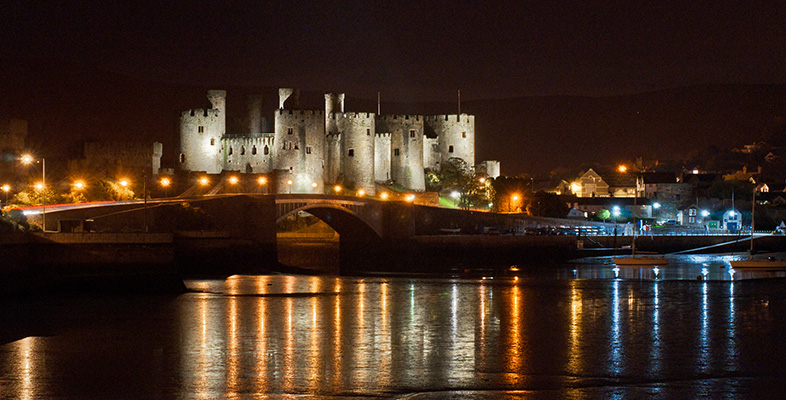1.3 Conclusion
A strong sense of belonging to a particular town or locality in Wales is reflected in attachments to local rugby teams.
As the employment profile in Wales has changed, so too has the way that rugby is organised, especially with the advent of professionalisation and increasing commercialisation.
The involvement of women and people from black and ethnic minorities in rugby reflects their position in Welsh society as a whole, and also how this has changed.
Although rugby in Wales is seen as rooted in the industrial working class, the reality is more complex – it bridges classes, and in any case notions of class have become less straightforward.
Wales isn’t just a place but a nation characterised by a particular set of political and moral values. Whatever the differences between groups and individuals, these values provide connections that, together, make Welsh society what it is. The nation engenders feelings of belonging and solidarity, with rugby continuing to bind people together as does no other cultural activity or phenomenon. Contested and transforming over time, core attributes of the nation are embodied in the national game, in its players, institutions and supporters. Despite its transformation from an amateur game to one that is more marketised and mediated, rugby continues to be prominent in representations of Wales and as a focus for identification with the nation.
